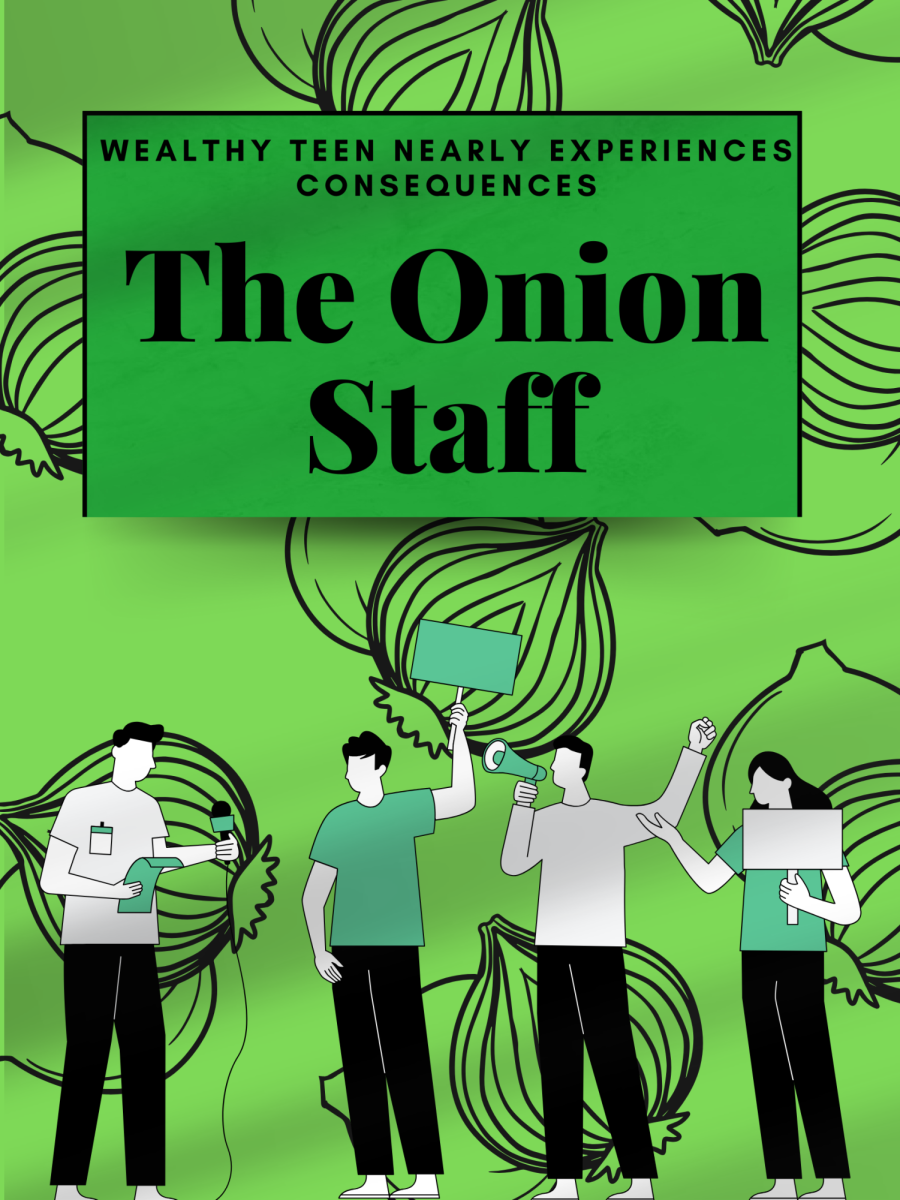The phrase “you can catch more flies with honey than with vinegar” is essentially why a satire piece may prompt more publicity than, say, an essay collection. We use this phrase for the same reason why the government posted propaganda during the First World War, or why political cartoons are so commonly seen alongside news. In short, we, as a majority, respond to the ease and comfort of comedy and sarcasm. Because it’s more amusing- input: socially acceptable- to see a common enemy and remark on how they’re your “best friend”, than it is to be fuming every minute of the day. While I’m aware sarcasm and satire are different, it’s safe to say they’re two sides of the same coin. In both cases, they are used to get one’s point across through embellished retelling of the truth. Specifically to my topic, satirical writings have been used for centuries to invoke change in the reader by exaggerating a concept greatly. These pieces often urge the reader to come to the same conclusion as the writer while using wording that usually depicts the opposite argument. This sounds confusing, however, with the usage of hyperboles, it shouldn’t be hard to pick out the author’s true opinion.
The article “Wealthy Teen Nearly Experiences Consequences,” by The Onion Staff is a masterclass example of the mechanics of satire writing. It focuses on a teenager who had gotten into a car crash while under the influence and hadn’t faced any real repercussions- as the family happened to be very privileged with access to lawyers. After reading various satirical articles, I have started to notice a trend in this style of writing: the combination of having a compelling “vehicle” that directs the impact onto the principle, not the subject. The Onion Staff’s article happens to do these core principles with ease.
A “vehicle” in a story is the subject that drives the greater, overarching lesson forward. In the Onion Staff’s article, this “automobile” is the wealthy teenager and the theme is if you happen to be rich and privileged enough, our Constitutional pledge of rule of law doesn’t apply to you. Noting the “vehicle” in writing is a critical distinction. If the author had merely focused on the individual careless teenager, it could read as the author sounding overly harsh and crude rather than witty. A reader could then argue that the teenager’s family is not entirely at fault for this inequality: they didn’t craft the system, it just happened to work in their favor. However, faulting the legal injustices that favor wealth and prestige over the law itself is the root of the problem that deserves every mocking comment that the Onion Staff had indirectly thrown at it. After all, the ultimate goal was to highlight this greater injustice, not just the slightly frustrating anecdote of the underage drunk driver.
This leads me to my next point with an idiom I, myself, have coined: “A slap, not a bullet.” At the end of the day, you want your “vehicle” (input: teenager) to be a little embarrassed and have recognized what they did wrong, but destroying their reputation shouldn’t be your main goal. A writer should only push as far to sting the skin, but not enough to draw blood. Since we have previously established that the main point was to recognize the inequalities of the role wealth and privilege play in a courtroom, it would be a disservice to this theme if the author merely focused on the incident from an isolated perspective. For it would be unclear who is at fault: the author for shaming a teenager or the teenager for being irresponsible. In conclusion, readers should understand the message, get a laugh or two, but be able to move on with having the message stuck, not the second-hand humiliation for the mocked subject.
Satire pieces are filled with contradictions and fine lines that have been crossed and redrawn so many times that it’s difficult to know how each reader will interpret each sentence. From a writer’s standpoint, the safest bet is to stick with a couple of core philosophies and trust that people will understand it as intended.
Categories:
Punchlines with a purpose: satire made simple
4
More to Discover
About the Contributor

Emily Johnson, Co-Editor-in-Chief
Hey, I’m Emily. I’m currently a junior, and I am excited for this upcoming year of The Harvester News! This is my second year in journalism and my first as a Co-Editor-in-Chief. Writing is a huge passion of mine; I strongly believe that it is a valuable skill to be able to voice your opinion and communicate information effectively and responsibly, especially for students.



























